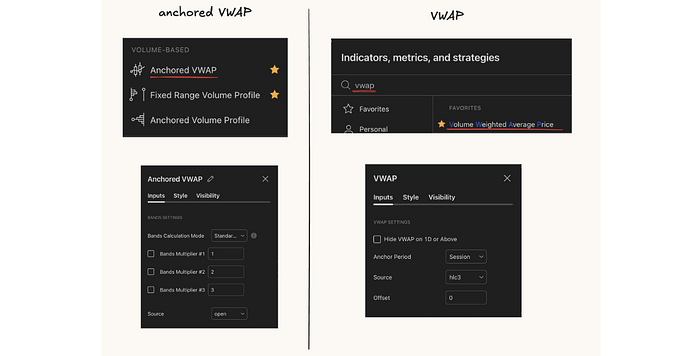You're reading for free via Tunji Onigbanjo's Friend Link. Become a member to access the best of Medium.
Member-only story
What Is a Hedge Fund?
An actively managed investment fund
A hedge fund is an actively managed investment fund whose managers use a variety of investment strategies to achieve their goal of positive investment returns for their investors. These strategies can include buying and selling stocks, bonds, currencies, commodities, and derivatives. Hedge funds can also use short selling, leverage, and other complex financial instruments.
Hedge funds are typically structured as limited partnerships. This means that the fund is owned by a group of investors, called limited partners. The fund is managed by a general partner, who is responsible for making investment decisions and managing the fund’s assets. Hedge funds are not subject to the same regulations as mutual funds. This gives them more flexibility in their investment strategies. However, it also means that they are riskier.
There are many different types of hedge funds, each with its own investment strategy. Some of the most common types of hedge funds include:
· Equity hedge funds: These funds invest in stocks. They may use strategies such as buying and selling stocks, short selling, and using leverage.
· Fixed-income hedge funds: These funds invest in bonds and other fixed-income securities. They may use strategies such as buying and selling bonds, using credit derivatives, and investing in emerging markets.
· Event-driven hedge funds: These funds invest in companies that are undergoing significant changes, such as mergers, acquisitions, or bankruptcy. They may use strategies such as buying and selling the company’s stock, investing in the company’s debt, or using derivatives.
· Multi-strategy hedge funds: These funds use a variety of investment strategies, such as equity investing, fixed-income investing, and event-driven investing.
Hedge funds make money from two sources: management fees and performance fees. Management fees are typically charged at a rate of 2% of the fund’s assets under management. Performance fees are charged as a percentage of the fund’s profits. The performance fee rate is typically 20%, but it can be higher or lower.
Hedge funds are typically only open to accredited investors and institutions such as pension funds, insurance companies, and endowments due to the risk involved and also due to the amount of money needed to be committed to the fund.
Hedge funds are a type of investment fund that uses a variety of investment strategies to achieve its investment goals. They are typically more risky than other types of investments, but they can also generate higher returns. Hedge funds are not subject to the same regulations as mutual funds, which gives them more flexibility in their investment strategies.
Subscribe to DDIntel Here.
DDIntel captures the more notable pieces from our main site and our popular DDI Medium publication. Check us out for more insightful work from our community.
Register on AItoolverse (alpha) to get 50 DDINs
Support DDI AI Art Series: https://heartq.net/collections/ddi-ai-art-series
Join our network here: https://datadriveninvestor.com/collaborate








